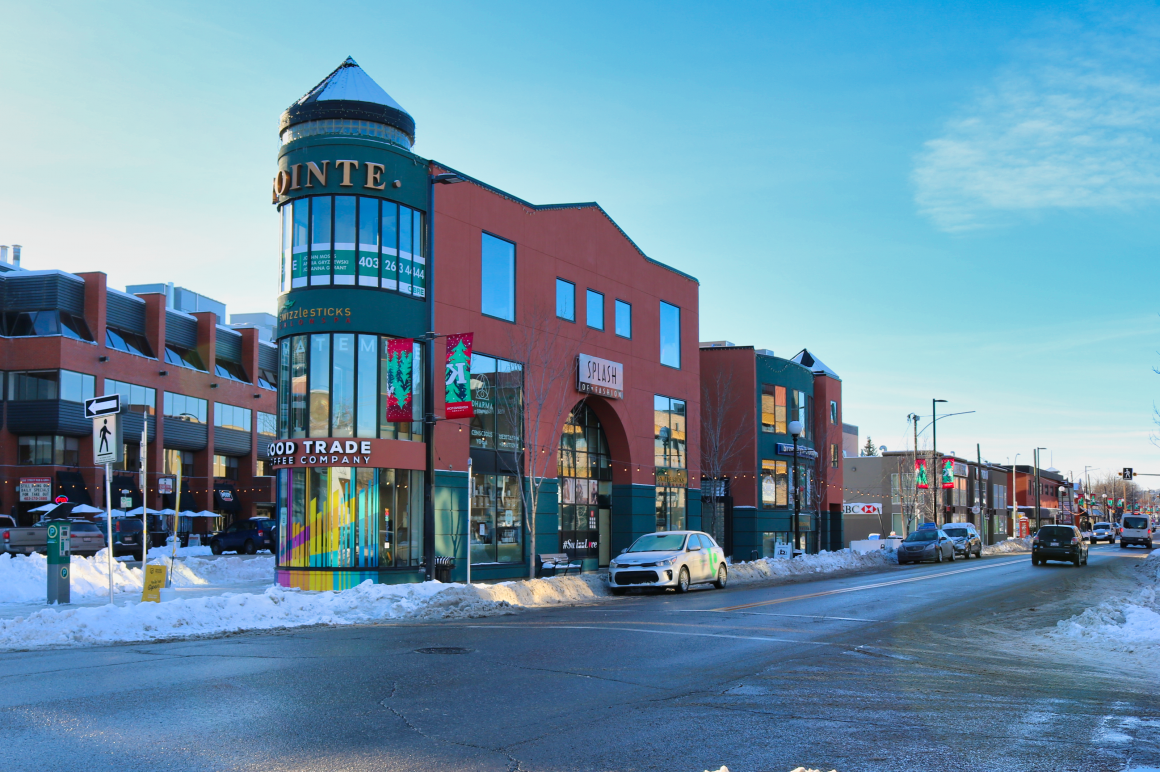
New YYC Ethnography Lab provides experiential insight into lived experiences
By Nikayla Goddard, February 2 2021—
Grounded through a ‘learn by doing’ experiential approach, the YYC Ethnography Lab is a new, student-driven, interdisciplinary University of Calgary initiative centering around ethnographic research methods.
The Lab provides workshops, speaker series, resources and experiential learning and research opportunities for U of C students free of charge to enhance and go beyond academia.
Brandon Eby, the undergraduate coordinator, and Pedrom Nasiri, the graduate coordinator, explain what ethnography is and how the initiative began.
Nasiri says that the definition of ethnography is rather “contentious,” and varies depending on the person and application. Generally speaking though, they define it as a qualitative research practice that seeks to understand how individuals and groups are oriented with social phenomena in the everyday world. It typically includes methods like participant observations and interviews in an attempt to capture and understand peoples’ everyday lived experiences, and has roots in sociology and anthropology.
What the Lab will allow for is a platform to build of foundational skills in a meaningful way, Eby says.
“Particularly for those of us who may not be able to do something like field schools […] this is a way to apply the skills that we’re learning in lectures and in the classroom in our own backyards,” they explained. “It’s something that’s local, and it’s something we can use to really provide an understanding of what Calgary is, particularly Kensington to start, and work towards bigger projects in Calgary.”
“We’re trying to get students to become pluralistic in their understanding of ethnography,” Nasiri added.
Eby, who is in their second year of social and cultural anthropology, explained the origins of the Lab, which began with being asked to develop an ongoing project that undergraduates could work on through the anthropology faculty, in a similar fashion to the Engineering faculty’s club offshoots which work with robotics.
Eby was in conversation with their graduate mentor, Nasiri, who is in their fourth year of a PhD in sociology. Nasiri was inspired by ethnography and similar social justice projects in Toronto, where Nasiri did their masters, and Concordia University — in fact, in locations named Kensington as well. Conversations took place on how to continue to build off the excellent mentorship opportunities they had been involved in, as well as fuel student interests and create projects from that inspiration. From there, the last four months have been building up the initiative, which launched on Jan. 1.
While the Lab is restricted primarily in delivery to online due to COVID-19, they are still able to optimize their online workshops and presentations through features like breakout rooms and utilizing graduate mentors to supervise and provide expertise. Socially-distanced field work has also been possible, playing on observational analysis and text analysis, Nasiri said, and a guided Kensington tour to experience how ethnographers would approach a particular space as a research site.
Eby continued by saying that having the Lab is “not just the practice itself, but how we can apply it in our own lives in an auto-ethnographic sense. Looking at how institutions and ruling relationships affect us, not just to benefit our academic career but also, in some capacity, to make us more informed political-actors in our own day to day realities.”
“Our goal is to introduce students to a plethora of different practices that really get at the heart of different approaches to knowledge and different approaches to studying social phenomena,” Nasiri continued. “The reason for that is that it opens up avenues to alternative worldviews or experiences of the world that can then start to unravel and really have a light shone on them. Decentering taken for granted perspectives and recentering the marginalized is sort of the goal of the pluralistic practices we are bringing into play here.”
The heart of the first project is in Kensington. Named the Kensington Village Research Project (KVRP), it will launch in late 2021 and intends to “develop a rich corpus of knowledge about one of Calgary’s most celebrated communities” according to the project’s description. “Employing ethnographic methods, our research teams closely document how social, economic and political changes — both locally and globally — influence the development of Kensington Village.”
The project is “not necessarily to study people, but to study with people, to study for people,” Nasiri added.
Eby concluded by placing emphasis on how important an initiative like the Lab is for students, especially considering how expensive and sometimes inaccessible field schools can be.
“There’s sometimes this unspoken understanding […] that Calgary is this oil and gas cowboy town,” they said, “and I really wanted to sort of challenge that with what we were doing, and presenting an accurate picture of who we are community to community […] and I really think that anthropology and sociology and ethnographic practices have this unique ability to present an accurate depiction of what is happening and what is the reality, and who we are as a community.”
The two representatives want to acknowledge the rest of the YYC Ethnography Lab team, training coordinator Chetna Khandelwal, Kensington Project coordinator Ermia Rezaei-Afsah and administrative coordinator Hunter Yaworski. They would also like to thank the “incredible faculty support” from the faculty of sociology and anthropology they have received.
To learn more about the YYC Ethnography Lab and to get involved, check out their Facebook page and their website.
